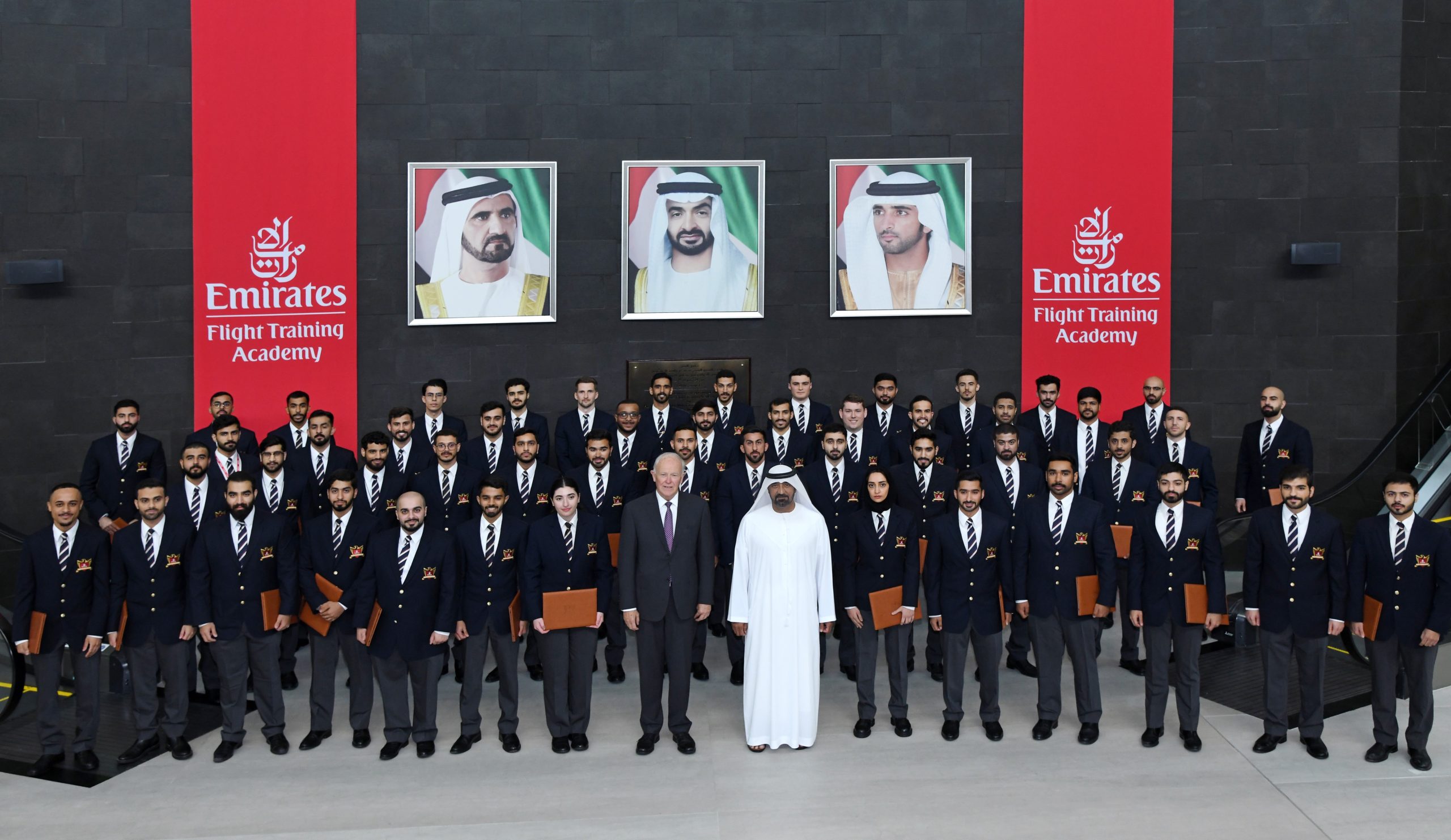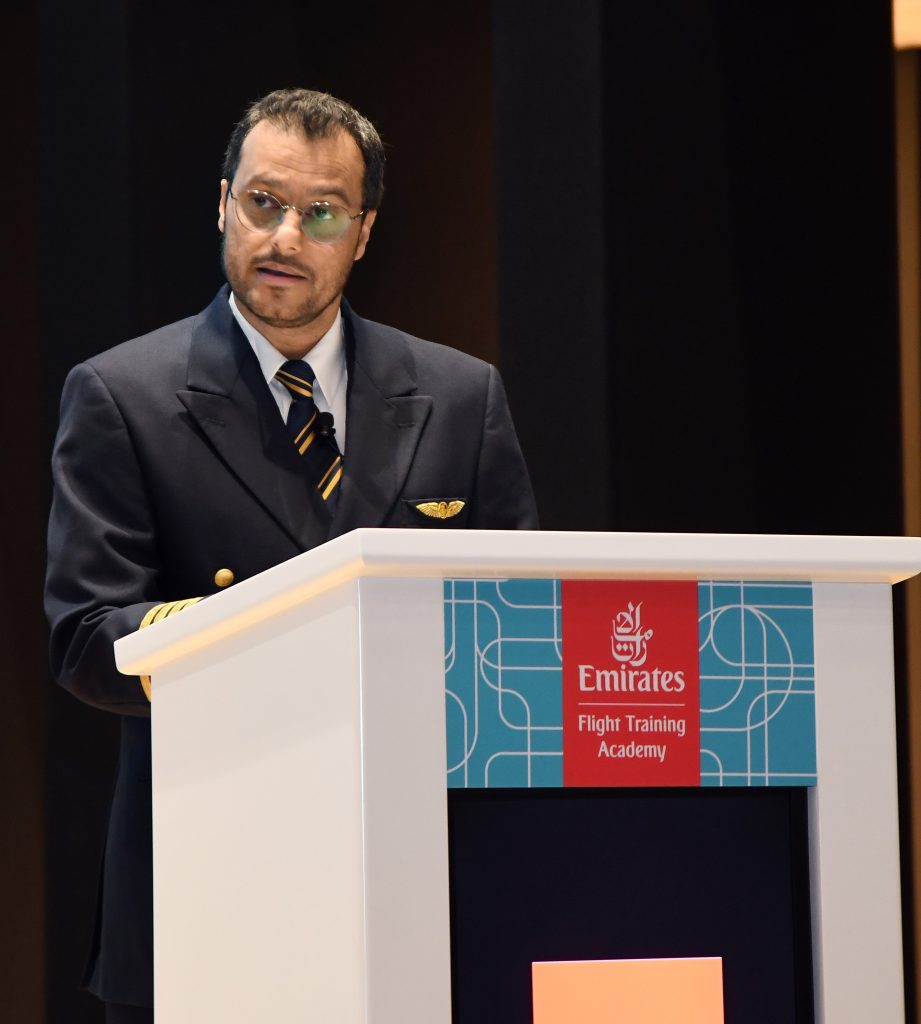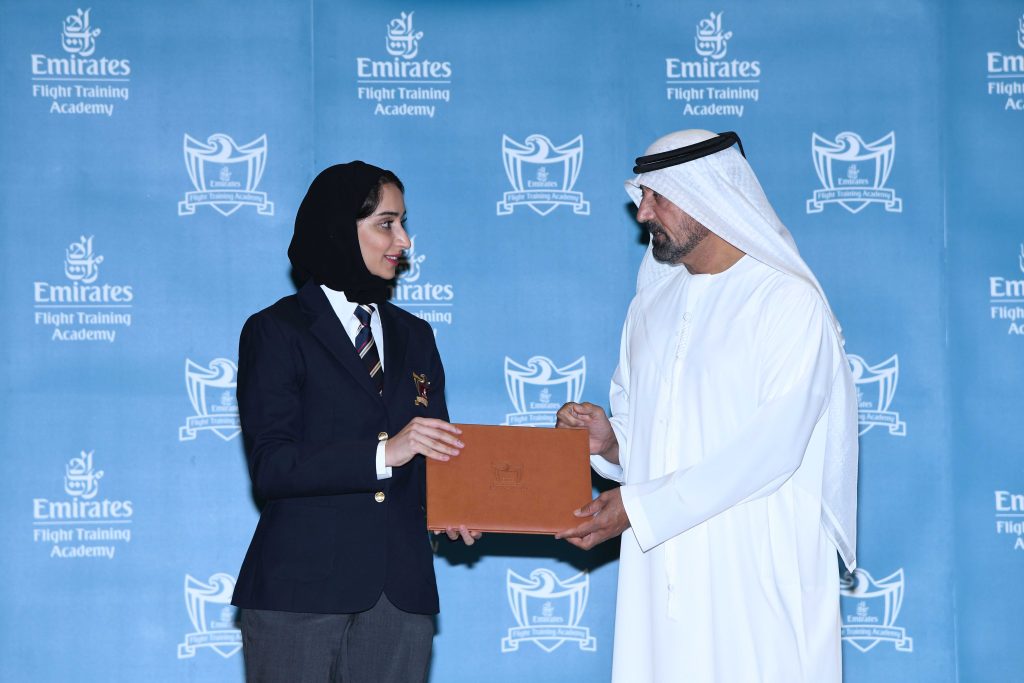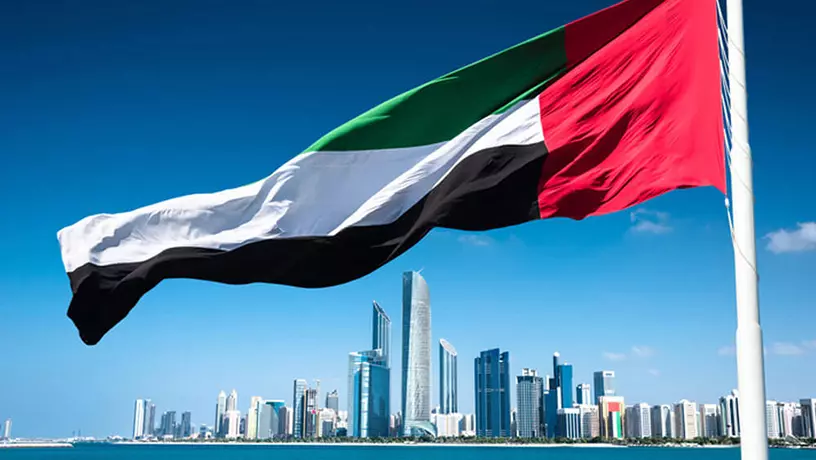
EFTA recruits 53 new pilots
The third Emirates Flight Training Academy (EFTA) graduation ceremony welcomed 53 new pilots to the world-class academy.
The latest ceremony marked EFTA’s crossing of three major milestones, including graduating foreign cadets for the first time since the academy opened its doors to non-Emirates cadets in late 2019, the largest cohort of over 50 cadets and twice as many as previous events with over 100 cadets since the first graduation in 2020.
At the ceremony, His Highness Sheikh Ahmed Bin Saeed Al Maktoum, Chairman and Chief Executive Officer of Emirates Airline and Group, congratulated and presented certificates to the graduating cadets. The ceremony was attended by senior Emirates executives including: Sir Tim Clark, President of Emirates Airline, Adel Al Redha, Chief Operating Officer, Adnan Kazim, Chief Commercial Officer and Ali Al Suri, Executive Vice President, Chairman’s Office and Facilities/Project Management.

The EFTA was also attended by senior executives from the UAE aviation community, including H.E. Mohammed Abdullah Ahli, Director General, Dubai Civil Aviation Authority (DCAA); H.E. Khalifa Al Zaffin, Executive Chairman, Dubai Aviation City Corporation (DACC); Tahnoon Saif, CEO, Mohammed Bin Rashid Aerospace Hub; Major General Ali Atik Bin Lahej, Director of the Dubai Police Chief Airport Security Department and the UAE Military Force delegation.
The ceremony evoked a range of emotions as the young graduates took to the stage, cheered on by their proud families and friends. And rightly so, as the young cadets successfully completed a rigorous programme of 900 hours of ground training and 250 hours of flight training to earn their Integrated Air Transport Pilot’s Licence.
EFTA has also rewarded the most accomplished and diligent cadets for their achievements in all aspects of the training programme.

According to recent research by Oliver Wyman, the aviation industry will face a global shortfall of 34,000 pilots by 2025, which could rise to 50,000 given the impact of layoffs and retirements. Due to a projected surge in demand for air travel, the Middle East region could face a shortfall of 3,000 pilots by 2023 and 18,000 by 2032. Boeing estimates that the gap will widen to 602,000 pilots worldwide and 53,000 in the Middle East by 2041.
Under the patronage and presence of @HHAhmedBinSaeed, Emirates Flight Training Academy (EFTA) holds its third graduation ceremony, welcoming 53 new pilots trained at their world-class facility into the industry.https://t.co/zdrBxfP7pn pic.twitter.com/9xEkrdj4JG
— Dubai Media Office (@DXBMediaOffice) December 9, 2022
Follow our Telegram Chanel








